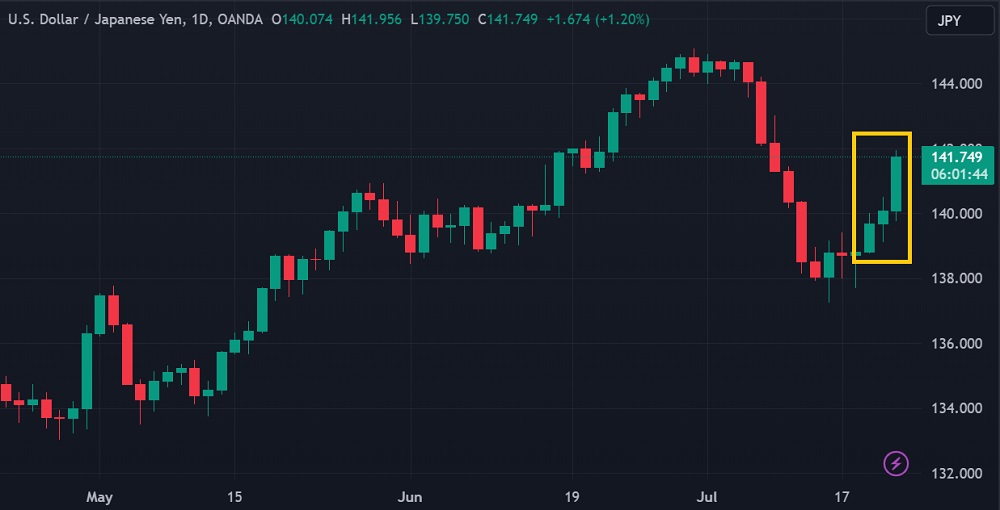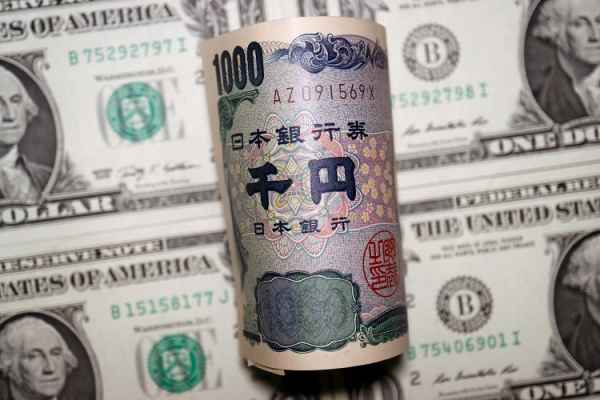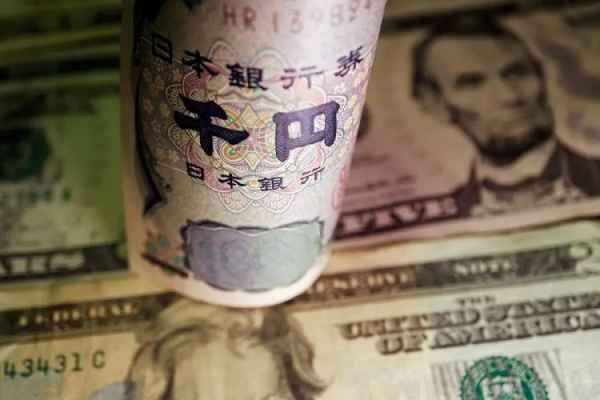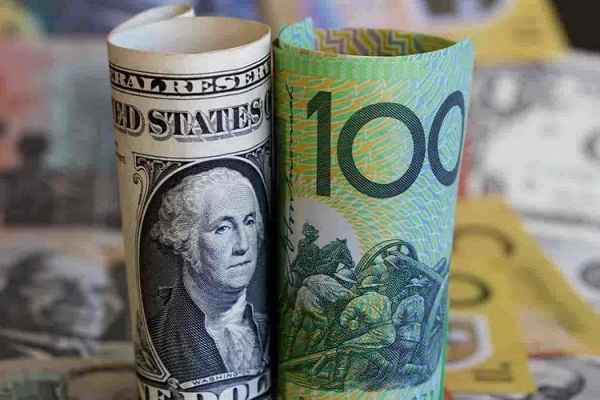This morning's inflation data in Japan revealed a continuous rise, albeit falling short of the consensus estimate.
Market participants are concerned that the Bank of Japan (BoJ) has reasons to maintain its loose monetary policy, including low-interest rates and controversial yield curve control. As a result, USD/JPY soared more than 1% to reach its highest level at 141.95 during Friday's trading (July 21st).

Reuters reported that BoJ officials are eager to scrutinize more data before making policy changes to ensure sustained wage increases and inflation. The report further explains that the central bank has not reached a consensus. The decision at the BoJ meeting on July 27-28 to maintain or alter the policy may be achieved with a narrow margin between the two options.
The inflation data released in Japan this morning showed a continued increase but fell below the consensus estimate. The National CPI of Japan recorded an annual rise from 3.2% to 3.3%, slightly lower than the consensus estimate of 3.5%. Meanwhile, the Core CPI increased from 3.2% to 3.3%.
Such inflation data motivates USD/JPY buyers to take action. Analysts also tend to be pessimistic about the prospects of any policy changes from the BoJ.
"All expectations are for them to keep yield curve control as is and no changes to rates, but maybe a little upgrade on their inflation outlook," said Edward Moya, senior market analyst at OANDA in New York.
However, "The chances that we could get a surprise should remain on the table," Moya added. "The BoJ is potentially going to be a major market-moving event because time is running out on the BoJ to set up a policy shift."
Several other analysts highlight the increasing risk of Japan's intervention as USD/JPY rises rapidly. This phenomenon may trigger jawboning from Japanese officials again, especially to caution the market that authorities are not favorable towards high exchange rate volatility and are prepared to intervene to address excessive yen weakness.
"It puts more pressure again on the Ministry of Finance," said Kenneth Broux, head of corporate research for FX and rates at Societe Generale.

 Dedicated FREE FOREX VPS
Dedicated FREE FOREX VPS Free FOREX Virtual Private Server
Free FOREX Virtual Private Server MT4 Demo Contest, Get $500
MT4 Demo Contest, Get $500 Sign Up for an Account, Claim 60% Deposit Bonus
Sign Up for an Account, Claim 60% Deposit Bonus Free MT4/MT5 VPS 2024
Free MT4/MT5 VPS 2024 Send E-mail and Get Free Merchandise
Send E-mail and Get Free Merchandise $1K Refer a Friend Bonus for Pepperstone Pro clients
$1K Refer a Friend Bonus for Pepperstone Pro clients Maximize Your Earnings with 100% Deposit bonus
Maximize Your Earnings with 100% Deposit bonus Trade to Win, $5,000 Monthly Demo Contest
Trade to Win, $5,000 Monthly Demo Contest Claim 30% + 15% Deposit Bonus from LiteFinance
Claim 30% + 15% Deposit Bonus from LiteFinance






